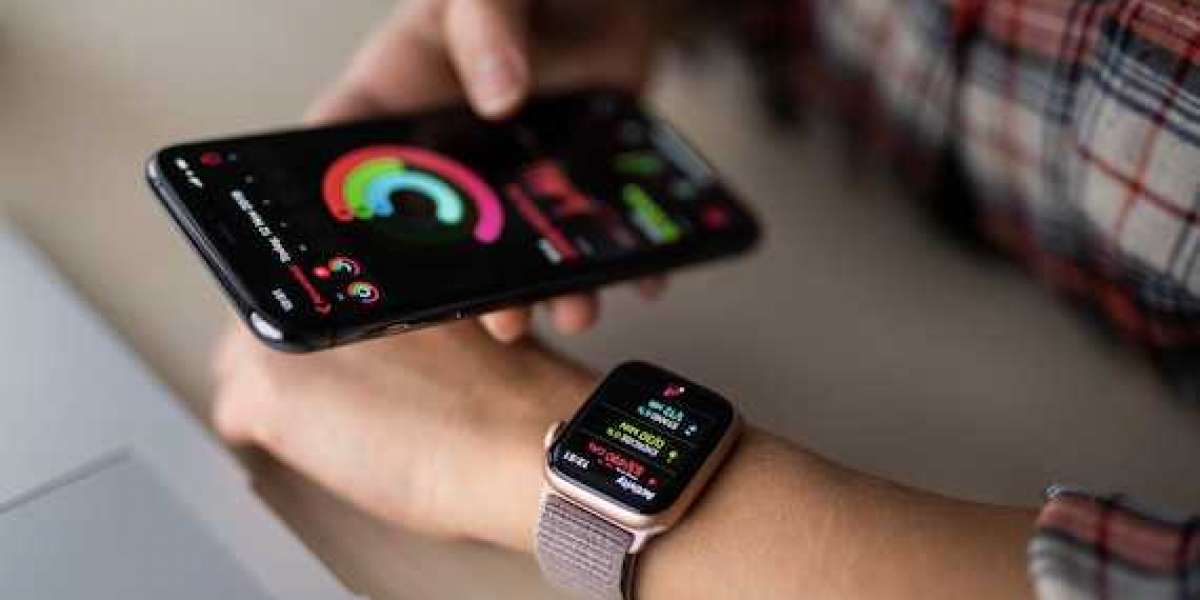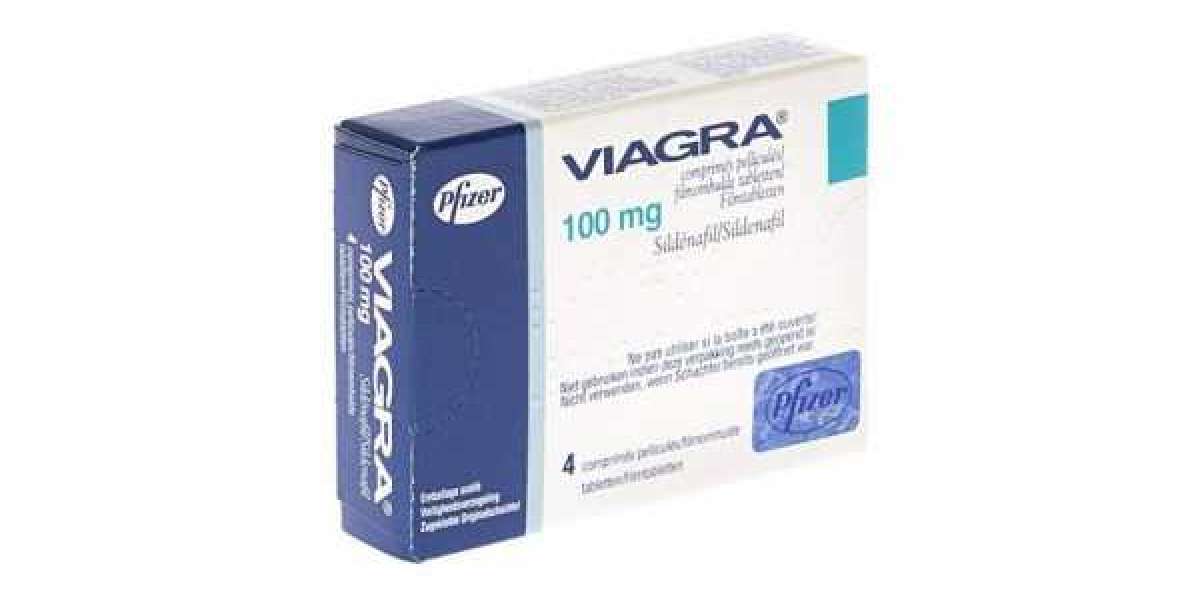Wearable technologies have advanced considerably in recent years and acquired widespread acceptance in the healthcare business. However, there is still a problem with their proper integration into medical institution work procedures. Many clinics and hospitals resist integrating wearable technology and so miss out on the potential that these devices may provide. We urge that you read this article to learn about the benefits of incorporating wearable health technologies into your EHR system.
Wearable fitness trackers are popular, and Sony has even developed a wearable air conditioner! Wearable health monitoring devices may now be linked into different healthcare operations such as electronic health record (EHR) systems, and healthcare is now embracing this technology innovation to improve patient care.
Wearable devices, often known as wearables, are minicomputers with built-in sensors that detect ambient factors, bodily indications such as steps taken, and activity level. In this scenario, the gadgets are network-connected and synced with a computer or smartphone.
WEARABLE DEVICES' IMPACT ON THE HEALTHCARE INDUSTRY
Chatbot healthcare use cases applications have grown in popularity among both doctors and patients, indicating that healthcare has gone mobile. As a result, there is a greater need for wearable technologies. Wearable technology in healthcare has the potential to improve patient care.
Wearable monitoring technology can provide the healthcare business with a number of choices. Some wearables aid in the maintenance of health conditions, the prevention of sickness, and the recovery of patients.
For a doctor, the major advantage of wearable technology in healthcare is convenience. They provide the ability to capture a patient's data and track health problems. Here are some examples of how they are put to use:
Rehabilitation and health care- Tracking trends using wearable technology save hospitals time and money while also being convenient for patients. Patients must be continually monitored during rehabilitation, and wearable technology has made this procedure more efficient. For starters, patients can get rehabilitation outside of the hospital setting, which lowers the expense of in-hospital treatment. Second, monitoring is more effective since wearable medical devices make tracking a patient's health and rehabilitation procedures easier. As a result, the patient's data is more accurate.
Monitoring of physical activity- Wearable fitness trackers and other wearable health tracker technologies are useful for tracking sports activities. This includes not only tracking steps or fitness training, but also the patient's complete activity and pulse.
Mental status monitoring- This is a new application area for wearable gadgets. Because wearable health technology is equipped with sensors that track the patient's mental health, it is feasible to monitor mental behavior and identify human psychological states. Through wearable monitoring equipment, certain sensors can even detect a pulse, body temperature, blood pressure, and other vital indicators.
Education- Another advantage of wearable gadgets in healthcare is that you can simply obtain all essential information, essays, articles, case studies, and other research from your smartphone.
Integration with the electronic health record (EHR)- Primary care believes that the integration of patient-generated fitness or medical data with big data such as current health data into the EMR, together with other biological and genetic data, is extremely powerful and resilient.
DIFFICULTIES IN INTEGRATING MEDICAL WEARABLES
The cost for medical organizations is one of the obstacles of wearable technology in Benefits Of Wearable Technology In Healthcare integrations, and not everyone can afford to use it. Patients may feel uneasy while utilizing wearable technology since it might be rather hefty. These technologies are put together from several parts in order to be connected to the body.
Validity and dependability- Because data varies, there is no assurance that wearable devices are always correct.
Personal medical data privacy and security- Users are concerned about data privacy since they do not control their own data. Furthermore, while installing applications, users must provide access to personal data, and there is always the risk of fraud and data loss.
Interoperability and connection are important concepts- Because the integration of patient data through wearable technology is a relatively new sector in health, there is a lack of system interoperability and connection in health wearable technologies.
Wrap Up
More than 325 million individuals worldwide own wearable linked gadgets, while more than 2.5 billion own smartphones. The use of wearable devices in clinical trials can bring enormous benefits, but there are also obstacles to consider.
If you're wondering how to enhance your hospital workflow by integrating wearable devices into your EHR system, you'll need a dependable and experienced development partner with tech expertise with healthcare product integrations.













